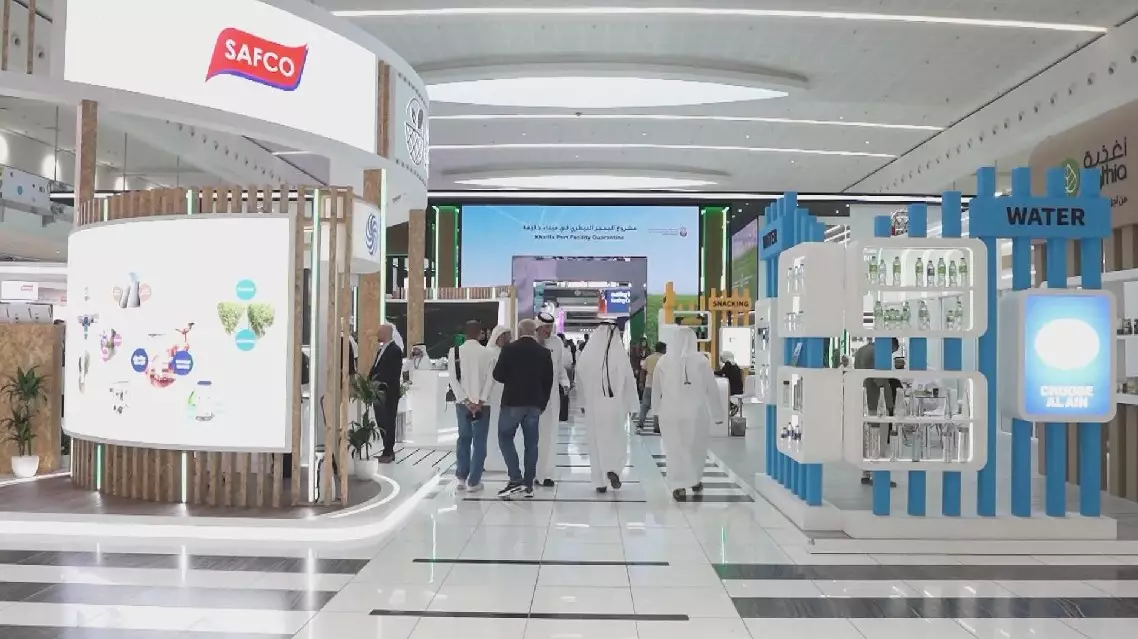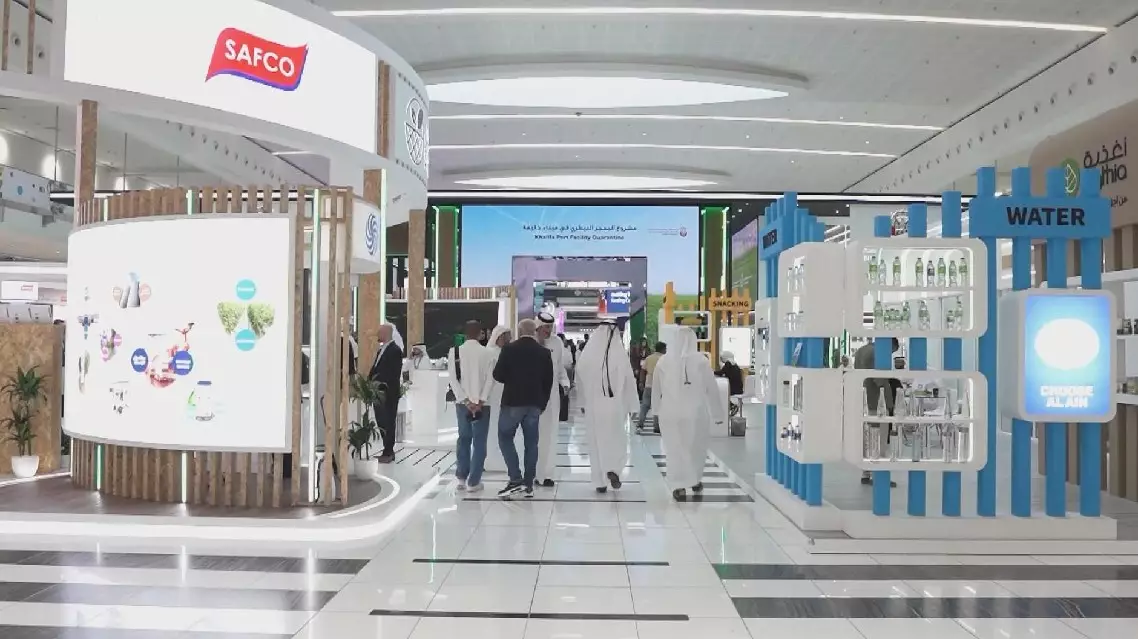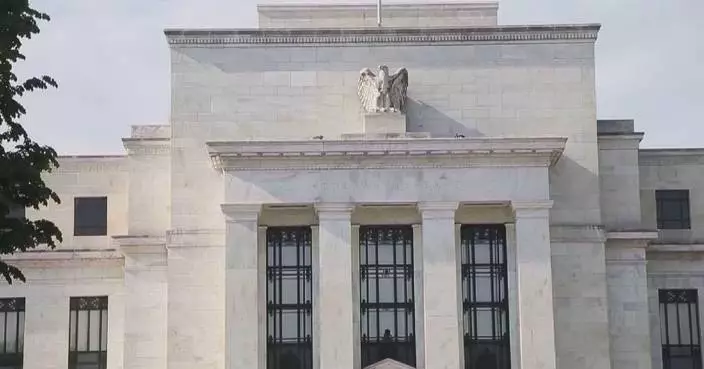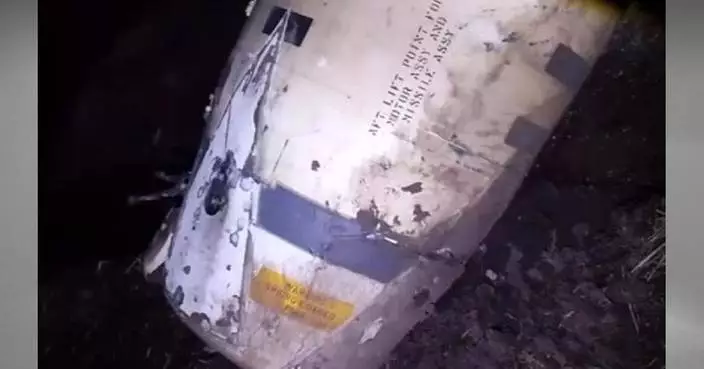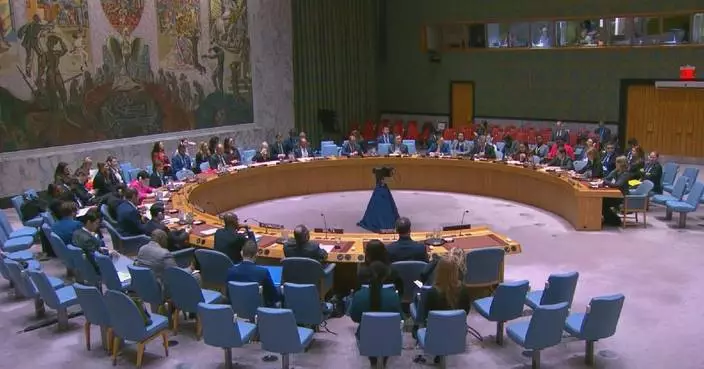Lowering of EV costs has become a trendy topic at Los Angeles Auto Show as industry insiders are exploring ways to reduce high cost of EVs and make them more affordable for the average American consumers.
One of the biggest car events in the United States, the 2024 LA Auto Show running from November 22 to December 1 has attracted about 30 automotive brands to debut their new vehicles. This year's trend is all about clean energy and EVs.
At the heart of the cost issue is the EV battery - the single most expensive component in manufacturing. Batteries make up anywhere from a third to nearly half of an EV's price, making their overall cost higher than that of conventional gasoline cars.
"I think it's still a little bit they're in a range where they're more at the higher end [of the price spectrum]. But they've come down a lot. We see this as technology evolves, there's adoption styles, always through the [new] technology. Battery technology is getting less and less costly, which is driving down the price of EV," said John Thomas, chief revenue officer at Ampure, a local manufacturer of EV charging systems.
But it could take time for technological advances to bring a significant reduction in costs. In the meantime, battery manufacturing has been predominantly sourced from China.
"We see, of course, that China is the world's leader in terms of battery technology. It's the world's leader in terms of the production of key minerals that go into not just the batteries, but in terms of other products," said Clayton Dube, director of the U.S.-China Institute at the University of South California.
Recent initiatives by both public and private sectors in the U.S. aim to tap into the nation's lithium reserves and increase the local battery production capacity through new plants.
"All of the precious metals, the materials to assemble batteries, more of that is for us at least, is moving to be done domestically. And that is for several reasons. Of course, you get efficiencies in the cost when you do it locally, but also some of the regulatory incentives from the government, they require that materials be sourced locally here. So I think you'll start seeing that trend more so," said Shad Balch, director of Chevrolet Communications at General Motors.
Some analysts suggest the battery costs in the U.S. could come down by half over the next few years, with the help of tax credits provided by the Inflation Reduction Act - which marks the largest investment bill to combat climate change in American history and now faces uncertainty under President-elect Donald Trump.
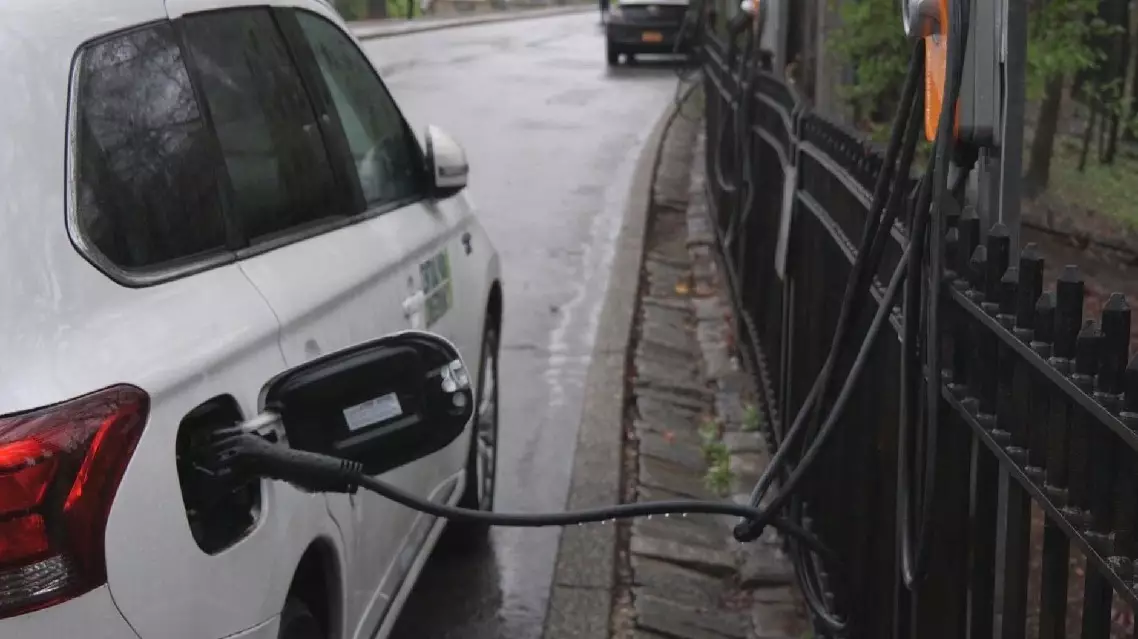
Technological progress, local production expected to lower EV costs in US: manufacturers


